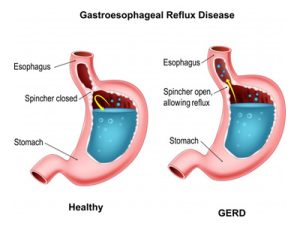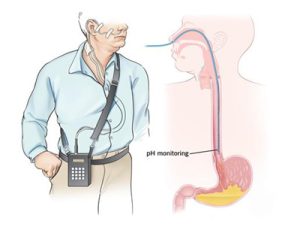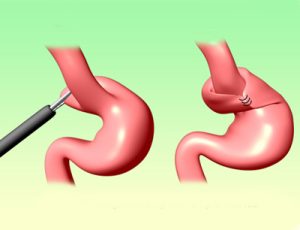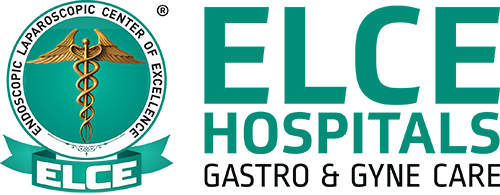Gerd Treatment
Know About
Gastroesophageal Reflux Disease (GERD) Treatment
Gastro Esophageal Reflux Disease is the most common disorder seen in current days. The name explains the pathology.
Normal valvular mechanism formed by the diaphragm in the Junction of food pipe (Esophagus) and stomach which is always kept closed except when food passes from Esophagus to stomach. Rest of the times it is supposed to be in closed state to prevent reflux of stomach content into Esophagus. Stomach inner lining secrets hydrochloric acid which involves in food digestion. So the inner lining of stomach is made up of columnar epithelial. But the Esophageal inner lining is stratified squamous epithelium. The demarcation between two epithelial lining are very well seen at Esophageal stomach Junction.
Let us come to GERD. Here because of the lax valve between Stomach and Esophagus, all the stomach contents are getting upward reflux into Esophagus. Which causes symptoms like heart burn, retro sternal discomfort, cough, voice change, bad odour of mouth, teeth issues due to acid reflux, unable to lying down after meals, frequent burping and at times chest pain mimicking heart issues. Etiology of this issue is unknown though there are some food habits and lifestyle issues are associated with this. Obesity, sedentary lifestyle and high fat intake mostly coincide. Heavy meals, highly spicy foods, fried and Masala foods, smoking and alcohol will increase the symptoms of GERD. Mere coffee and tea in empty stomach also may increase the symptoms.


Not only discomfort, if GERD persists for years together, it may change the inner lining of Esophagus from squamous to columnar which is called Barretts Esophagitis. Barretts is a pre cancerous stage. (Pre malignant) But good news is that it is reversible if timely intervened. Management of GERD is integrated with food habits, lifestyle modification, medications and in few resistant cases need surgical correction. Frequent small meals of non spicy and non masala and non fried items will help to certain extend. Its advisable to avoid coffee and tea in empty stomach. Chocolate also may increase reflex. Food intervals should be under control. After dinner atleast 2 hour later should be the bed time. At times little taller pillows will help. Left lateral posture also will help while sleeping.
Coming to medications, Proton Pump Inhibitors (PPI) like Pantoprazole, Omeprazole etc will help in controlling acid secretion. And the combination of few prokinetics like Domperidone or Lesuride will help in controlling the reflux of acid and food products into Esophagus.. Stress free life, regular work outs, adequate sleep and weight reduction all are life style modifications needed to control symptoms. Yoga and meditation also has a role in managing stress levels and inturn acid secretion levels too.
In resistant cases, surgery is advised. Most of the resistant GERD will be having Hiatus hernia that is herniation of stomach through diaphragm where we can see part of stomach inside chest and there won’t be any valvular mechanism to control acid reflux. Surgically funds part of stomach is used to form valve around Esophagus which is called fundoplication. This will be the permanent remedy in completely resistant cases. Post surgically they should follow the lifestyle modifications. Fundoplication now a days performed laparoscopically without much blood loss or scar. Patient can resume their routine works in a day or two.

To conclude GERD is a very common lifestyle disorder which can be handled with proper food habits, life style changes, medications and lap fundoplication surgery in resistant cases with hiatus hernia.
